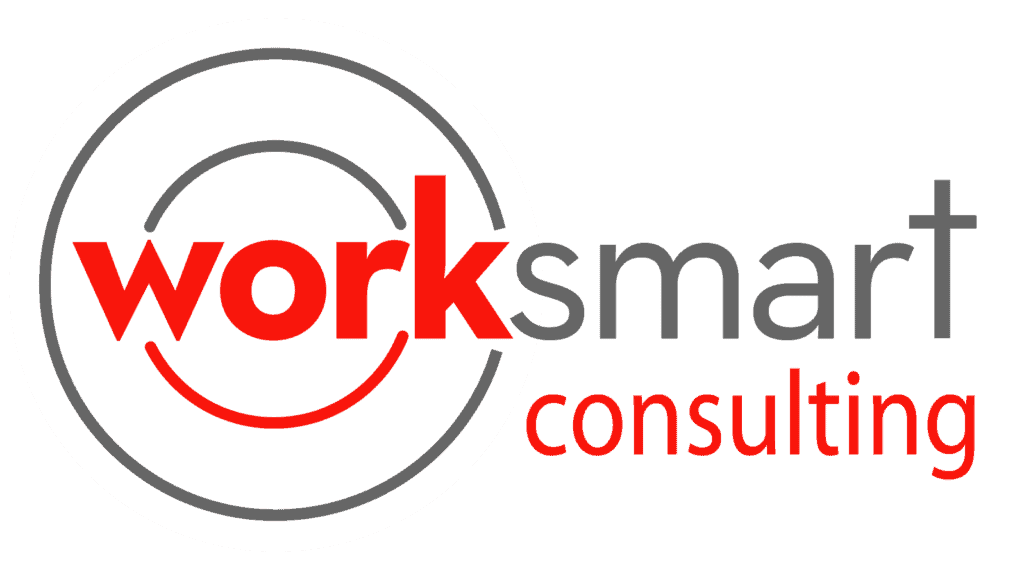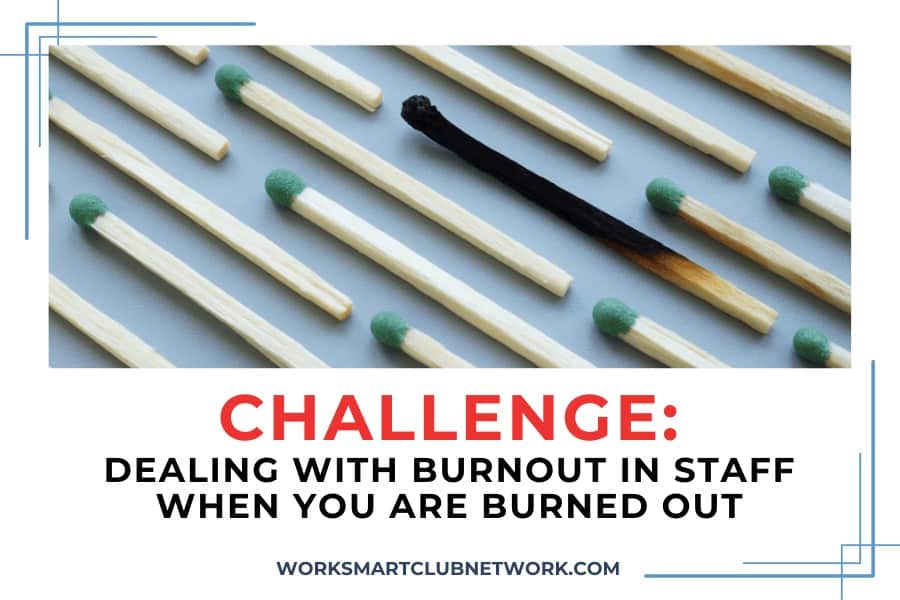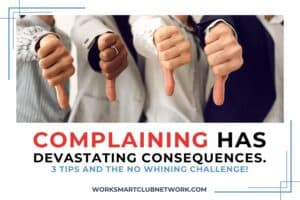CHALLENGE
The VP was in a very competitive season with the new department opening and had been in a struggle with the CEO. The pressure had been intense for 6 months.
“I feel like a robot at work.”
The question is, how does a leader who is also on the road to burnout manage their staff who are also stressed and maxed out?
Burnout vs Chronic Stress
Burnout is the end game if stress goes on unabated. Check out the performance curve below.
You can see the stages one goes through as you compensate for increasing demands on time, energy and performance. At some point performance suffers. This point is different for everyone and there are strategies you can use to strengthen your resilience so the pressure does not take its toll.
The key element is your awareness of where you are on this curve and when you cross the line of performance breakdown.

What Happens to Focus?
It is the nature of the stress reaction to shift focus from a wide perspective of options and possibilities, to one that is narrow with only 2 options – do I stay and fight or flee?
This is the primitive survival instinct and this is what gets triggered in the stress reaction. Unless you are aware of your triggers and have strategies to combat stress, this can seem like it happens, all at once. But it has actually been building up over time, and you have been ignoring all the signs and symptoms.
The VP had also been dealing with a very personal situation and was having conflict with her teenage son. All of a sudden, or so it seemed, she found it hard to concentrate, commute 2 hours a day, and give her best for the 12 hour days.
Now that she was aware of her own warning signs, she saw it in her direct reports and wondered how everyone was handling the pressure.
She decided to send out an anonymous survey to get feedback from staff. Here are the 3 questions she asked:
- If 10 is the most stressed you have ever felt, what number would you give the amount of stress you are currently experiencing? Use a 1 to 10 scale. 1 is No Stress.
- Do you have strategies to manage your stress that you use every day?
This survey was enlightening and with the data presented in the survey, she held a meeting and had an open conversation about how everyone was doing.
One of the main problems in chronic stress is that it is denied, especially among leaders.
Did you know 60% of leaders burnout in 18 months?
This is preventable with awareness and strategies to manage the pressure.
Suggestions to Lead When you and Your Team Are Stressed
1.) Acknowledge where everyone is and discuss it.
This doesn’t mean that people are off the hook for performing at their best. It means that you, as the leader, want to increase your awareness of everyone’s capacity to handle the work.
2.) Focus on the most important thing and put other activities in the backlog.
One leader that comes to mind announced she had 97 “priorities” on her list of things to do. This was the source of her overload and was a symptom of a bigger issue and that is defining the problem and working on the right thing.
3.) Role model self-care.
As the leader, it is important that you show everyone what self-care means. In one of the staff meetings this VP had a brainstorming session and had people share ideas for self-care. By openly talking about it and setting an expectation that everyone who engage in some type of self-care and stress strategy, it gave people permission.
4.) Plan ahead for resilience and emotional intelligence coaching & training.
The VP knew that having training and coaching would develop leaders capacity and awareness, foundational elements of emotional intelligence. She wanted to build on the skills her team had become to develop.
Schedule a complimentary consultation
Leadership Development: Emotional Intelligence & Resilience
Meet with Dr. Cynthia Howard to better understand your options for coaching and training your leaders – equipping them with skills, and the confidence, to manage pressure and develop their skills in emotional intelligence.








Responses